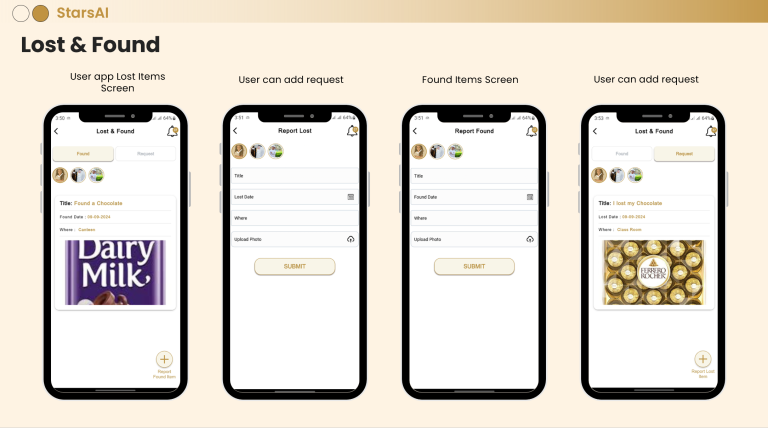Managing a school library involves more than just organizing books—it’s about ensuring efficient access to a wealth of educational resources. With the advent of digital technologies, Library Management Systems (LMS) have become essential in transforming how schools manage and provide access to their libraries.

Understanding School Library Management Systems:
A School Library Management System is a software solution designed to handle various library tasks such as cataloging, circulation, and inventory management efficiently. Key features of a good LMS include:
- Cataloging: Simplifies the organization and retrieval of resources.
- Circulation: Enhances the borrowing process.
- Digital Resources: Manages digital media like e-books and online databases.
- Reporting: Offers insights into usage and trends.
- User Management: Controls user access and privileges.
Top Benefits of Implementing an LMS in School Libraries:
- Efficient Organization: Automates cataloging and makes finding resources faster and easier.
- Streamlined Circulation: Reduces manual tracking and administrative burdens through automation.
- Access to Digital Resources: Expands library access beyond physical books to include digital and online resources.
- User-Friendly Interface: Makes library interactions smoother and more intuitive for both students and staff.
- Insightful Analytics: Provides data on library use, helping to tailor resources to user needs.
- Space Optimization: Assists in effective space management by tracking the usage patterns of physical resources.
- System Integration: Integrates with other educational tools to enhance the learning environment.
- Cost Efficiency: Though initial setup costs exist, long-term savings are achieved through operational efficiencies.
- Improved Security and Accountability: Keeps track of library materials to prevent loss and ensure timely returns.
- Adaptability to Future Needs: Ensures the library remains relevant by adapting to new trends and technologies.
Choosing the Right LMS: Selecting the ideal LMS for your school involves considering scalability, integration capabilities, user experience, and ongoing support. Engage librarians, educators, and IT staff in the decision-making process to ensure the system meets your institution’s needs.
Conclusion: School Library Management Systems are vital for modern educational institutions, streamlining operations and enriching the learning environment. By adopting an LMS, schools can better manage their resources, enhance student engagement, and prepare for future educational challenges.



